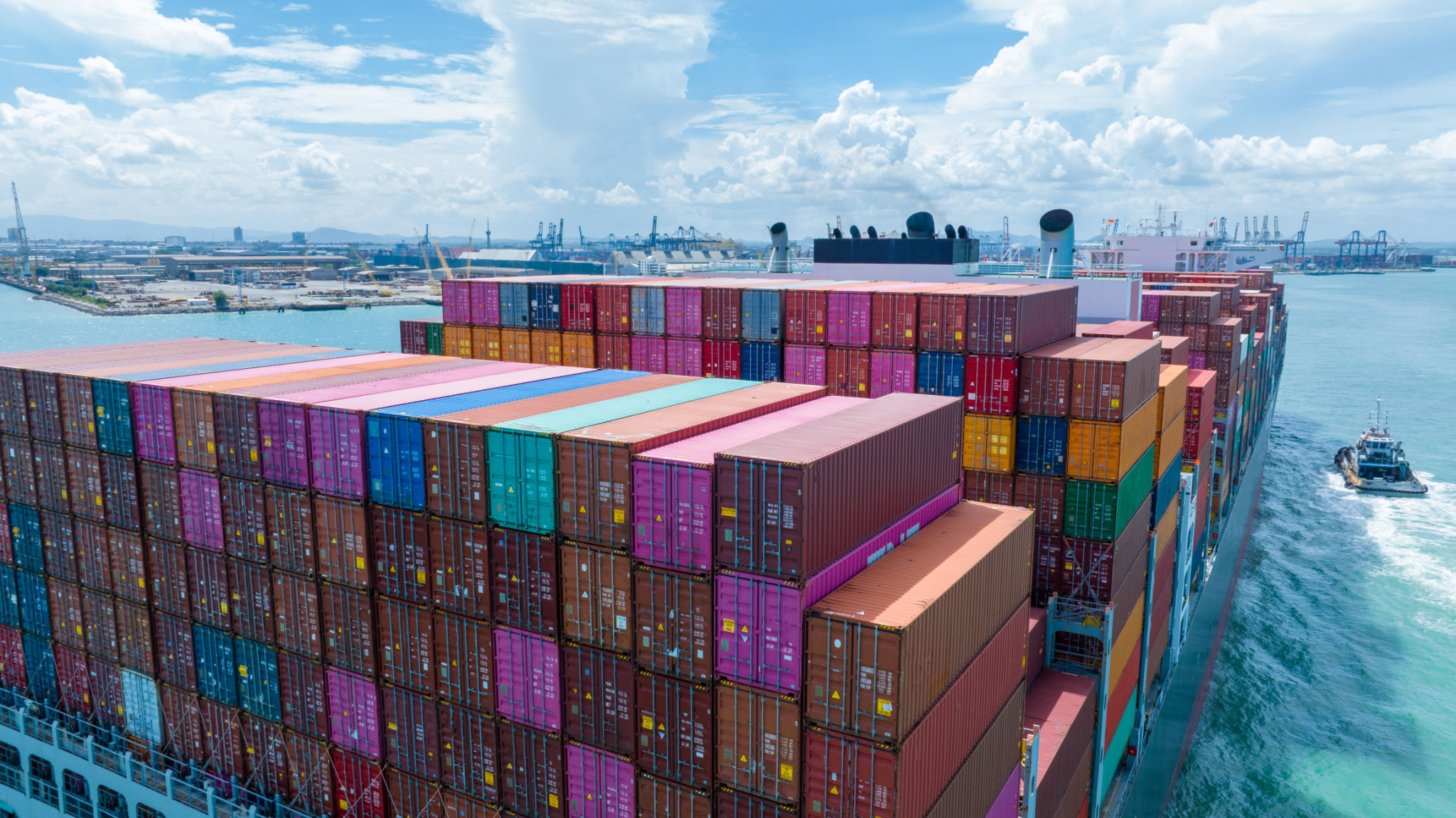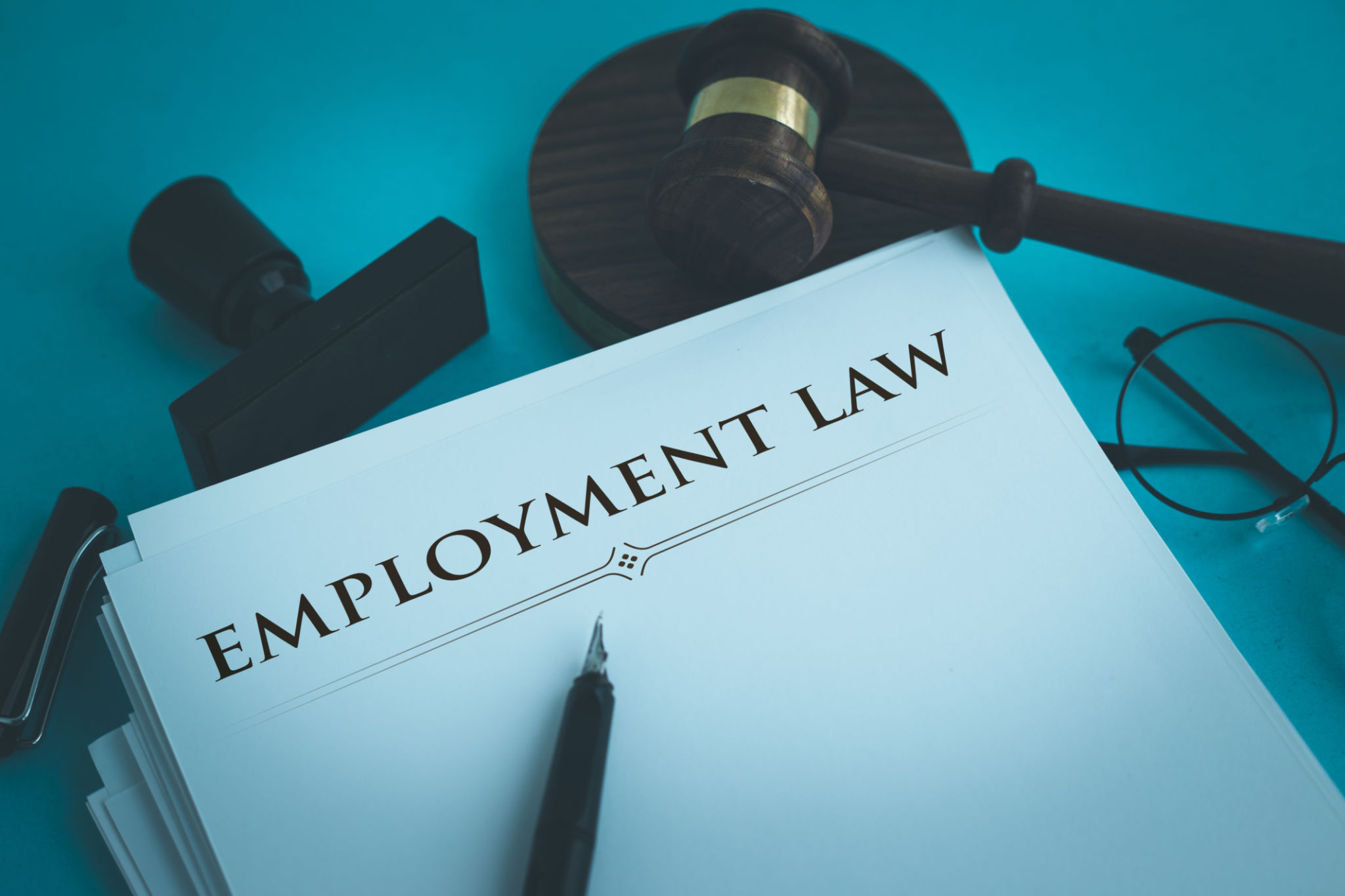Understanding the Impact of Local Regulations on Boston's Warehousing and Distribution Services
Understanding Local Regulations in Boston
Boston, as a thriving hub of commerce and trade, imposes a unique set of local regulations that significantly impact warehousing and distribution services. These regulations are designed to manage urban development, environmental sustainability, and public safety. For businesses operating in this sector, understanding these rules is crucial to ensure compliance and efficiency.
Local regulations in Boston cover various aspects, including zoning laws, environmental guidelines, and labor laws. These rules are put in place to maintain the city's infrastructure and quality of life while supporting economic growth. Companies that fail to adhere to these regulations may face penalties, fines, or operational disruptions.

Zoning Laws: Structuring the Urban Landscape
Zoning laws in Boston dictate where warehousing and distribution facilities can be located. These laws are crucial in preventing industrial activities from disrupting residential areas. Zoning regulations help maintain a balance between industrial growth and community welfare by designating specific zones for commercial activities.
Businesses must ensure that their operations are situated in appropriately zoned areas. This often involves navigating complex application processes to obtain the necessary permits and approvals. Understanding zoning requirements can help companies avoid costly relocations or legal issues.
Environmental Guidelines: Promoting Sustainability
Boston places a strong emphasis on environmental sustainability, which is reflected in its local regulations. Warehousing and distribution services must adhere to guidelines that minimize their environmental impact. This includes managing waste responsibly, reducing emissions, and ensuring energy-efficient operations.

Companies can benefit from investing in green technologies and practices that align with Boston's environmental policies. By doing so, they not only comply with regulations but also contribute to a healthier environment and improve their public image.
Labor Laws: Ensuring Fair Employment Practices
Local labor laws in Boston are designed to protect workers' rights and ensure fair employment practices. Warehousing and distribution services must comply with regulations regarding minimum wage, working hours, and occupational safety. Businesses need to stay informed about any changes in labor laws to maintain compliance.
Employers should prioritize creating a safe and equitable work environment for their employees. This not only helps in adhering to local laws but also boosts employee morale and productivity.

Navigating Regulatory Compliance
Successfully navigating Boston's regulatory landscape requires a comprehensive understanding of the local laws and an ongoing commitment to compliance. Businesses can benefit from consulting with legal experts or industry associations to stay updated on regulatory changes and best practices.
By prioritizing compliance, companies can avoid legal challenges and build a reputable presence in the Boston market. This proactive approach enables them to focus on growth and innovation without the distraction of regulatory setbacks.
In conclusion, understanding the impact of local regulations on warehousing and distribution services in Boston is essential for businesses aiming to thrive in this competitive environment. By aligning operations with zoning laws, environmental guidelines, and labor laws, companies can ensure sustainable success and contribute positively to the city's economy.
